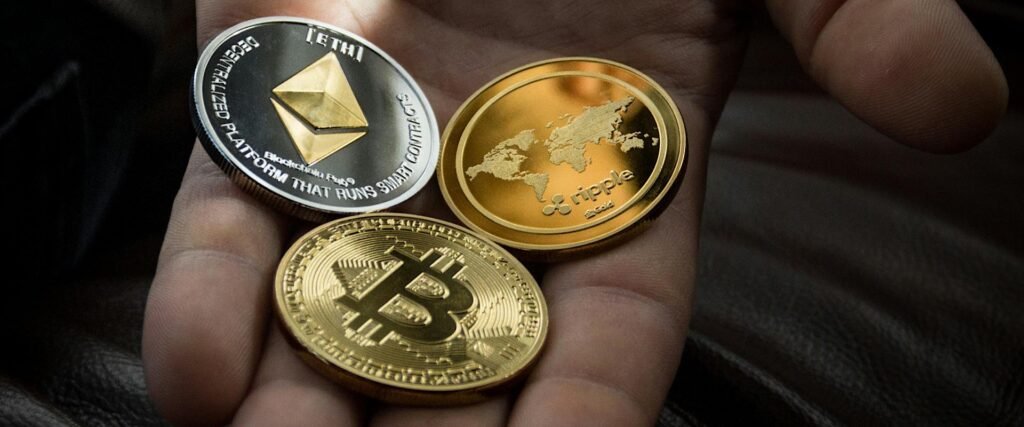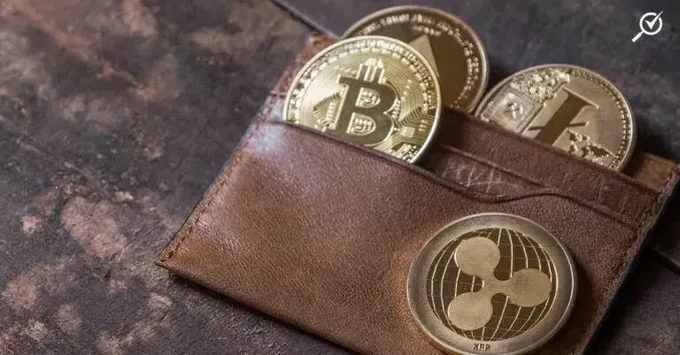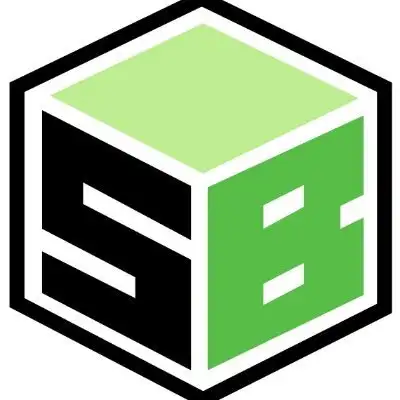Let’s be honest—real estate has always felt like an exclusive club. You either had the money to buy in, or you stood on the sidelines watching others build wealth through properties you couldn’t touch. But things are shifting. Tokenized real estate is flipping the script and inviting more people to the party—minus the six-figure down payments.


What Even Is Tokenized Real Estate?
In plain terms, tokenized real estate means turning a physical property into digital shares—or tokens—on the blockchain. Instead of buying a whole building, you can own a piece of it. It’s like crowdfunding meets crypto, but with real bricks and mortar behind it.
Let’s say there’s an apartment complex worth $2 million. A developer could divide it into 2 million tokens, each worth $1. You (yes, you!) could buy 50 tokens and technically own part of that complex. Not bad, right?
It’s sort of like REITs (Real Estate Investment Trusts), but more direct, more flexible, and—depending on who you ask—potentially more transparent.

How Does Tokenized Real Estate Actually Work?
Okay, so it sounds cool. But how does it work, practically? Here’s the basic flow:
- Asset Selection: A property is chosen—commercial or residential, it doesn’t really matter.
- Legal Structuring: This part’s complex. The property is typically placed into a legal entity (like an LLC), which then issues tokens representing shares of that entity.
- Token Creation: Those tokens are minted on a blockchain platform—usually Ethereum or something similar.
- Offering: Investors can now buy the tokens, either directly or via a marketplace.
- Management & Payouts: Token holders might receive rental income or profits when the property is sold.
It’s all handled through smart contracts—automated code that runs when certain conditions are met. No middlemen, less paperwork. That’s the idea, at least.


Why Would Anyone Want This?
Well, for starters—it lowers the barrier to entry. You don’t need hundreds of thousands of dollars to start building a property portfolio. With tokenized real estate, investing can start with as little as $100 (or even less, depending on the platform).
Also, it boosts liquidity. Traditional real estate is famously illiquid—you can’t just sell a bedroom when you need cash. But tokens can be traded on secondary markets (kind of like stocks), making it easier to buy or sell your slice of property whenever you want.
Then there’s global access. Investors from around the world can get in on properties in New York, London, or Tokyo—without even setting foot in the city.
But hey, it’s not all rainbows and blockchain.
Some Real Talk: Risks and Roadblocks
Let’s not sugarcoat it—tokenized real estate is still new, and the kinks aren’t all worked out. Regulations vary wildly between countries (and even states). What’s legal today could change tomorrow.
Plus, blockchain platforms can get hacked—just ask anyone who’s lost crypto in a wallet glitch. If you lose access to your tokens, there may not be a friendly helpdesk waiting to rescue you.
And while some platforms promise liquidity, that doesn’t mean there’s always someone waiting to buy your tokens. Just because something can be sold doesn’t mean it will be.
So yeah, proceed with curiosity and caution.
Who’s Doing It—and Should You?
Platforms like RealT, Lofty, and SolidBlock are leading the charge in tokenized real estate. Some focus on U.S. residential properties, others offer commercial or international options. Each has its quirks—fees, token structures, payout models. Do your homework.
Is it for everyone? Not necessarily. If you’re already drowning in crypto and looking to diversify into something slightly more stable, maybe. If you’re risk-averse and want super-predictable returns, you might prefer more traditional real estate options.
But if you’re curious, have some extra funds, and don’t mind riding the early wave of innovation—it might be worth exploring.


Final Thoughts on Tokenized Real Estate
Tokenized real estate could be the future… or it could be a niche footnote in investment history. Either way, it’s here now—and it’s reshaping how we think about owning property. Whether you’re a seasoned investor or a curious newbie, this space is worth keeping an eye on.
Because who knows? The next time someone says they own a piece of Manhattan, they might just mean 0.0002% of it—via a digital token. And honestly? That’s kind of wild.
Relevant Link : Here





